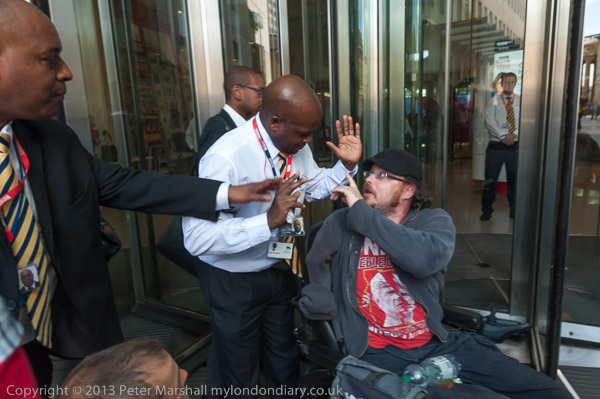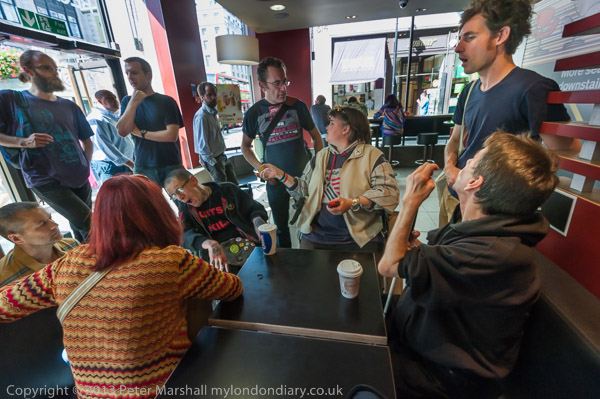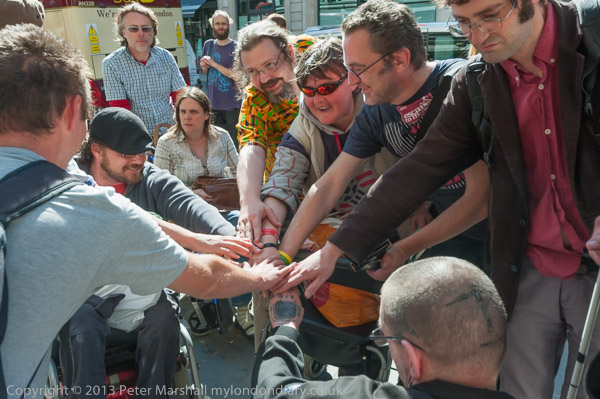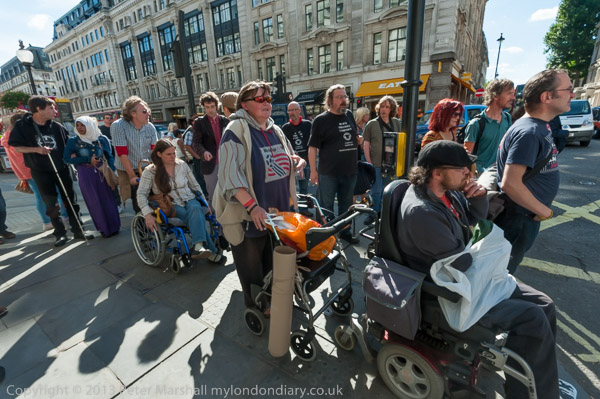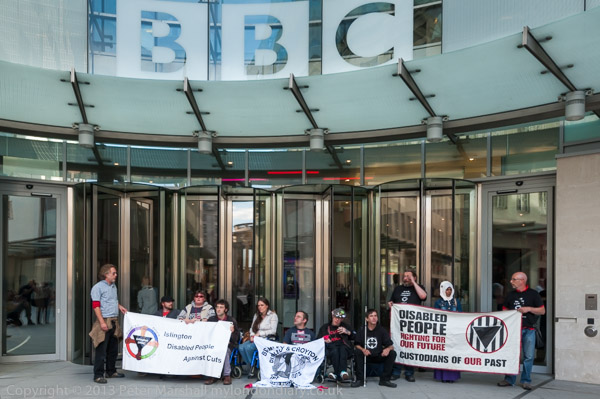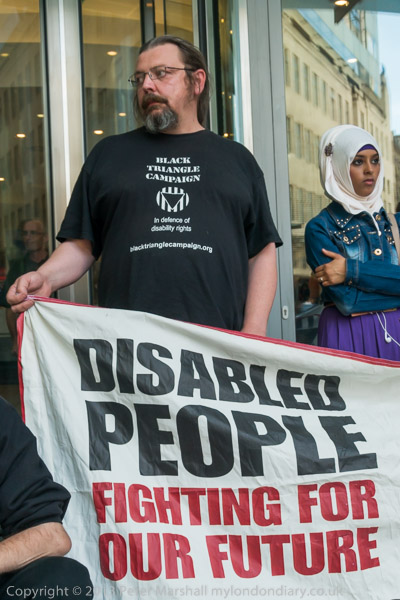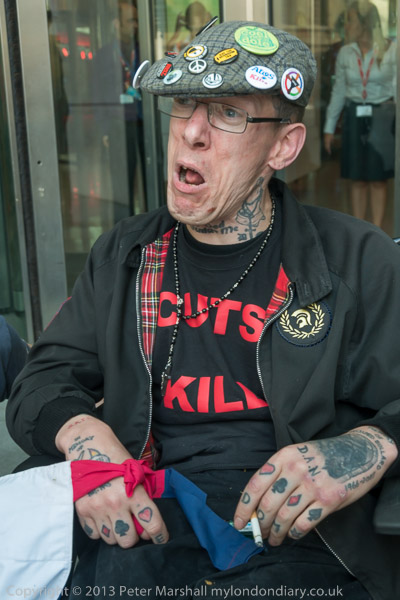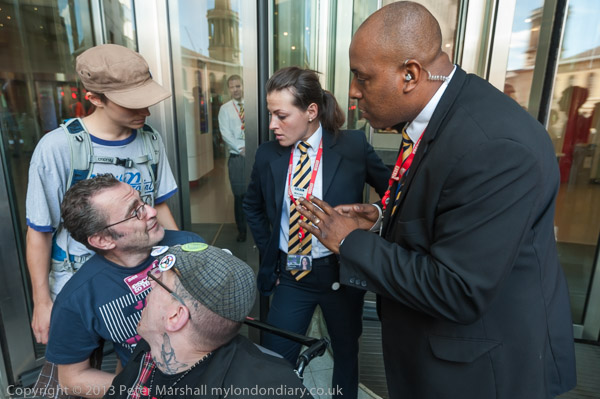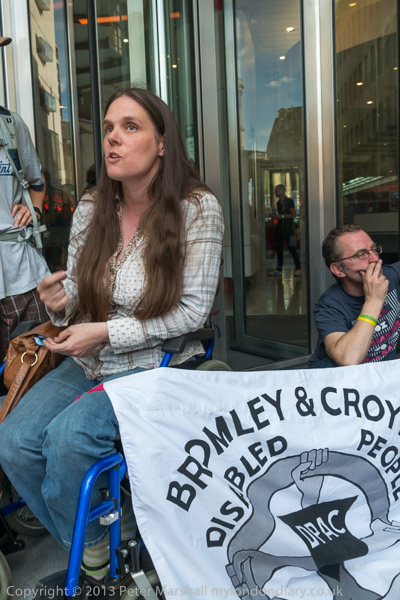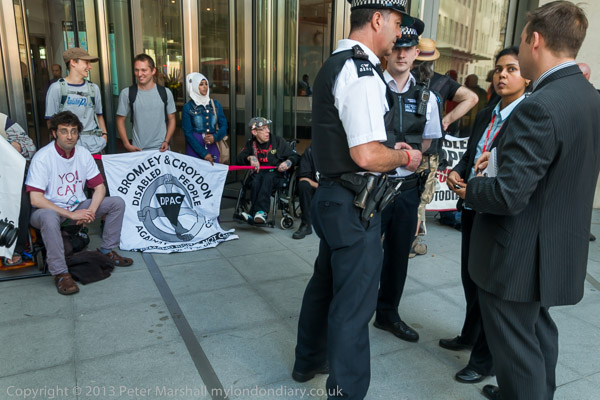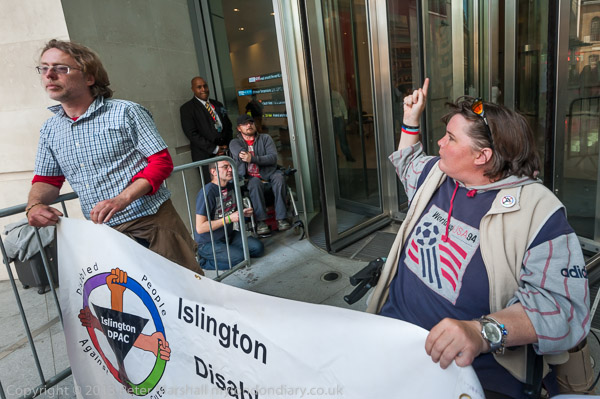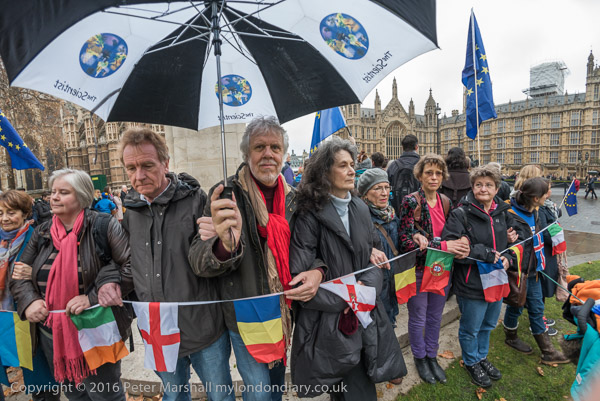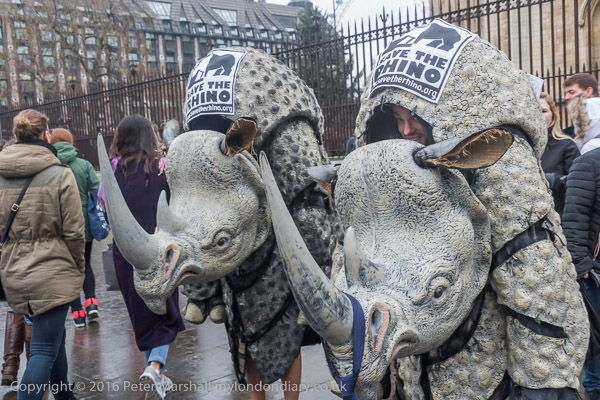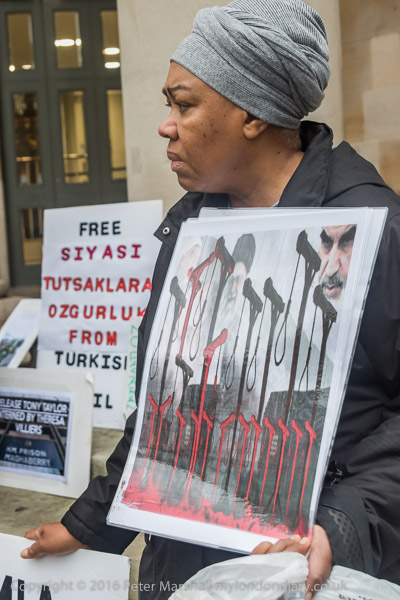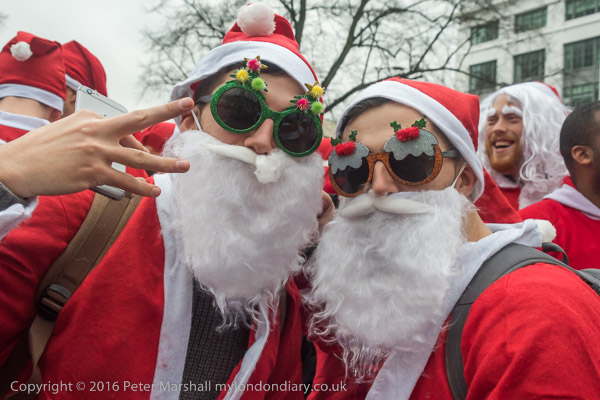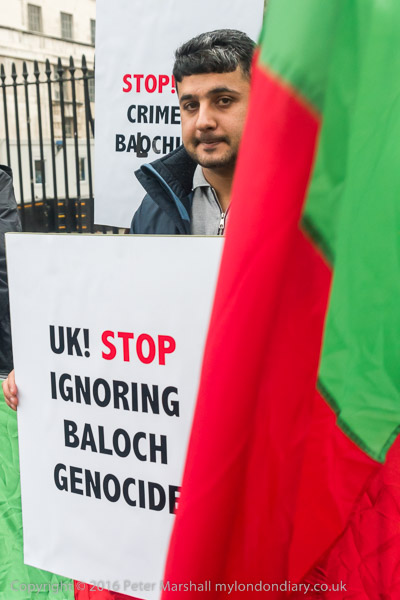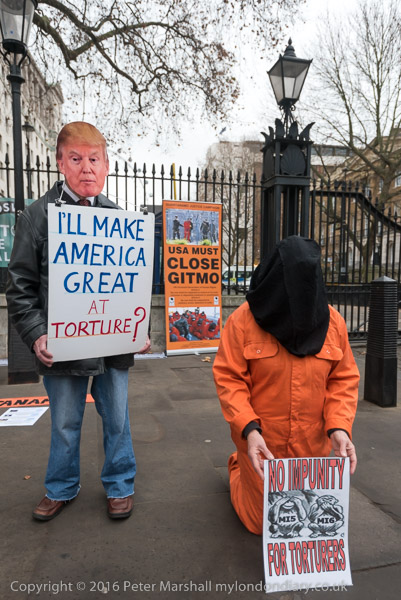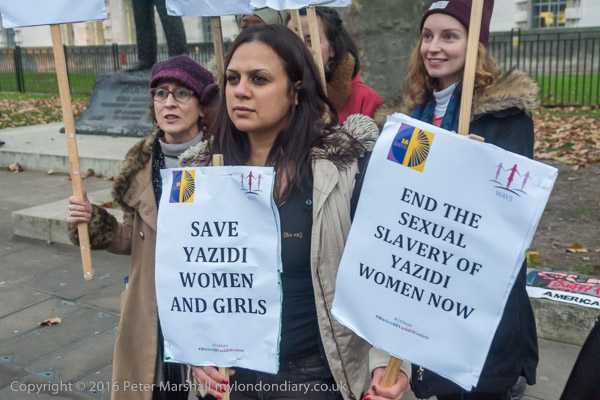Nakba, South Africa, Fair Votes & Iran: Events I covered in London on 15th May 2023 and one I just missed.
Nakba Protest For Free Palestine – Downing St
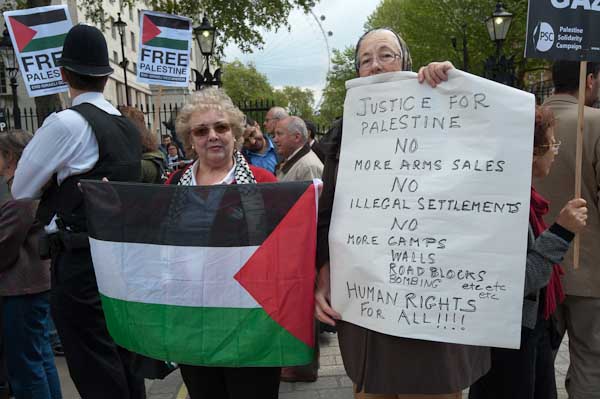
May 15 is Nakba Day, remembering the 1948 disaster when Palestinians were expelled from their land and calling for an end to Israeli occupation and breaches of international law.
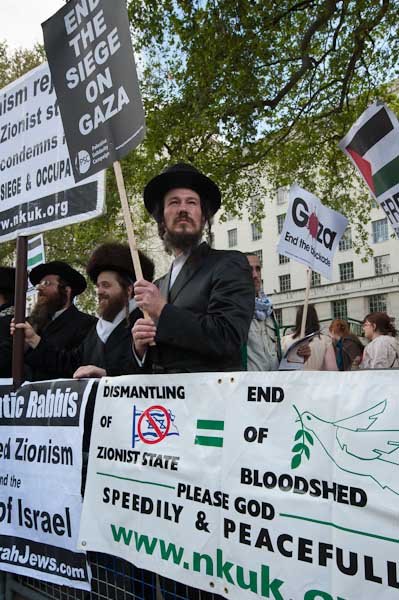
Over 400 Palestinian villages were destroyed and the 1948 partition of Palestine to create the state of Israel created around 700,000 Palestinian refugees, many of whom or their descendants are still in refugee camps. Protests take place on or around May 15 every year around the world calling for justice for Palestine.
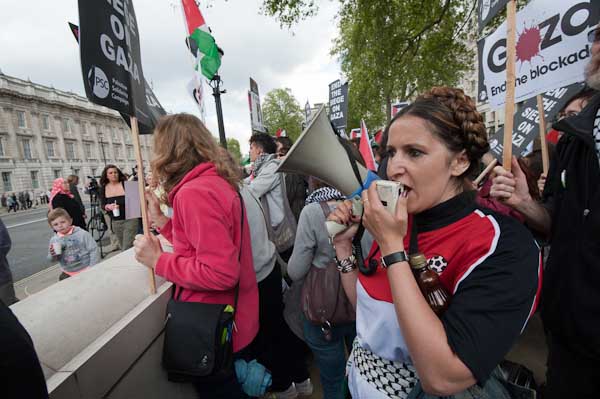
The biggest in London is on the nearest weekend to the 15th, and the 2023 London march organised by Palestine Solidarity Campaign together with Stop the War Coalition, Palestinian Forum in Britain, Friends of Al-Aqsa, Muslim Association of Britain and Campaign for Nuclear Disarmament was last Saturday, May 13th, marching from the BBC.
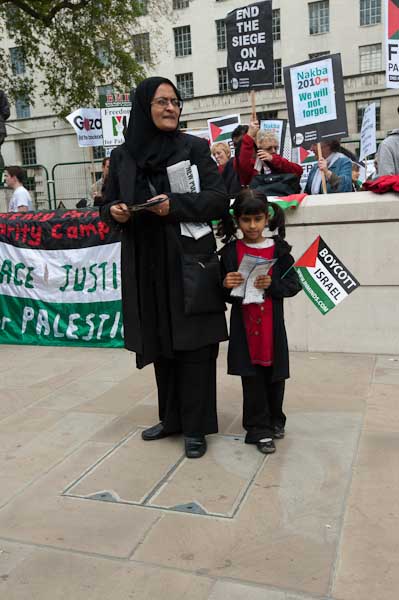
Organisations supporting this rally included Artists’ Union England, BFAWU, CWU, The MU, NEU, PCS, RMT, TSSA, UCU, UNISON and Unite the Union. In most recent years I’ve photographed these protests, but this year the rail strike meant I was unable to do so.
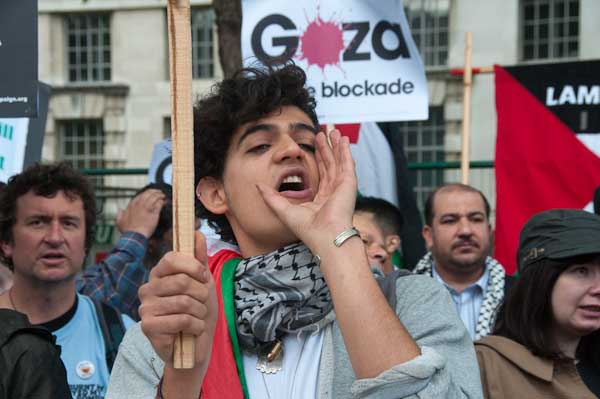
Back on 15th May 2010 the Nakba protest was a static one opposite Downing Street. Last Saturday the march to the rally began at the BBC, deliberately chosen to yet again expose the failure of our major broadcaster to report on protests in the UK, particularly those calling for freedom for Palestine.
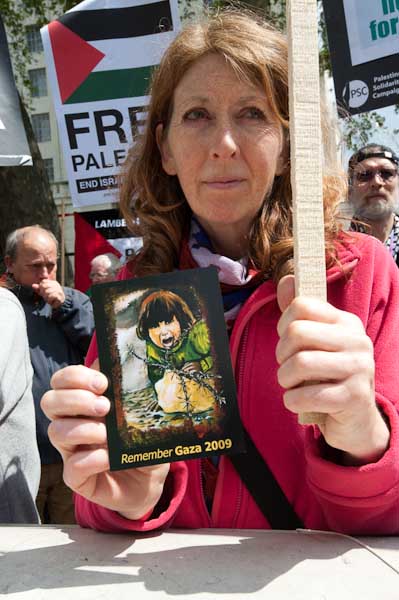
It may not be written down anywhere in the BBC, but the broadcaster definitely has a policy of playing down or usually totally ignoring protests in the UK, at least unless it can condemn any acts of violence of criminal damage by protesters. Occasionally any involving major celebrities may also get a mention, though they may need to get arrested for the BBC to notice. You have more chance of your protest getting a mention if it occurs in another country, preferably one with a regime our government disapproves, than under their noses in London.
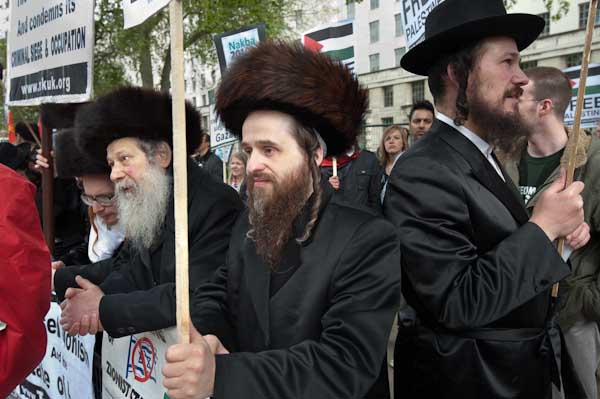
Other UK media tend to follow the example of the BBC and if you want to know about protests that are happening in the UK you need to follow foreign media such as Al Jazeera or RT, or read left wing publications in print or online. There you may even find out what the protests were about.
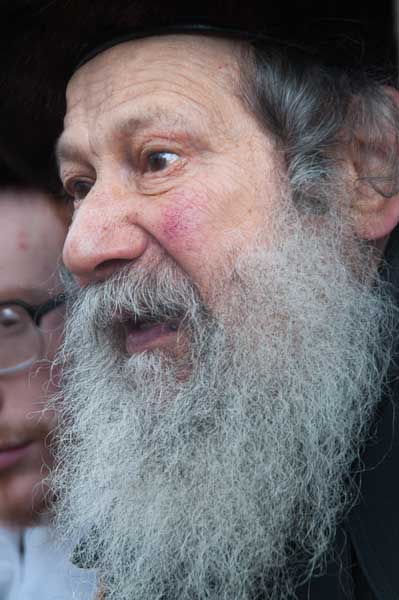
Among the protesters were many Jews opposed to the actions of the State of Israel who form a major part of most if not all left wing and anarchist groups. Most obvious were those from the ultra-orthodox ‘Neturei Karta’ who are totally opposed to Zionism and the idea of a Jewish political state. They say the Torah prohibits the use of human force to establish a Jewish state before the coming of the Messiah, and support the right of the Palestinians to their land, which should be returned to them. The say Jews should live in peace and harmony with their Muslim neighbours in Palestine as their ancestors did for many centuries.
Nakba Protest For Free Palestine
South African Right March in London – Trafalgar Square
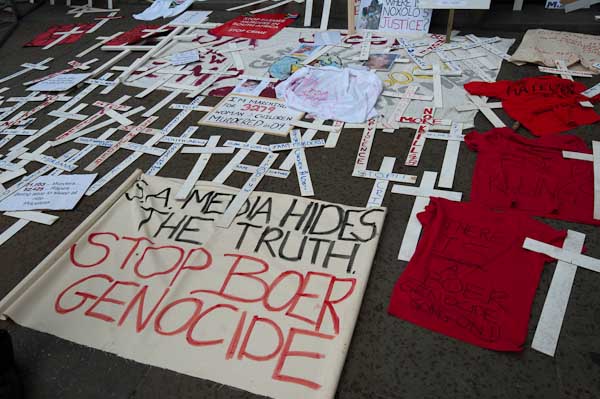
I arrived in Trafalgar Square too late to see a march by expatriate right-wingers, part of a campaign to persuade football supporters not to go to South Africa for the the World Cup. They say the country is too violent with around 18,000 murders a year.
Unfortunately that high rate is fairly typical among many countries in the global south and lower than in many of them. Perhaps the main difference between South Africa and the others is the large white population who also suffer from the violence and murders.
The march organisers had earlier regretted that police had prohibited any marchers carrying flags or banners of the extreme right Afrikaner Weerstandsbeweging (AWB) or other white nationalist groups. The extreme racist AWB protest at the ‘Boer Genocide’ and is committed to setting up an independent Volkstaat on parts of South Africa with extreme apartheid policies.
Although there were only a handful of people in red shirts who had taken part in the march I was able to photograph some of the crosses, posters and banners they had left behind in front of South Africa House before police removed them.
South African Right March in London
Purple Protest Demands Fair Votes – Old Palace Yard
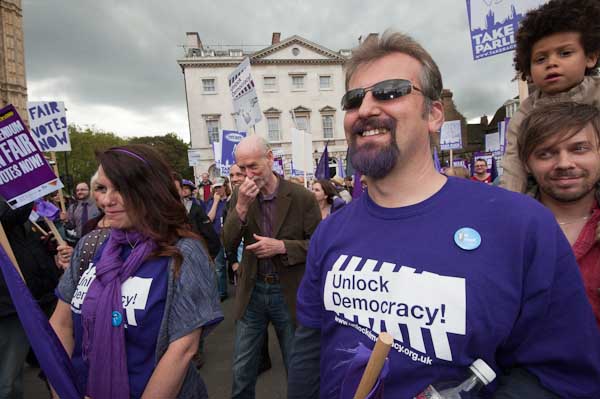
More than a thousand people, mainly wearing purple, had come to Westminster to demand a fair voting system, feeling cheated by the recent election results which failed to produce a government reflecting how people voted.
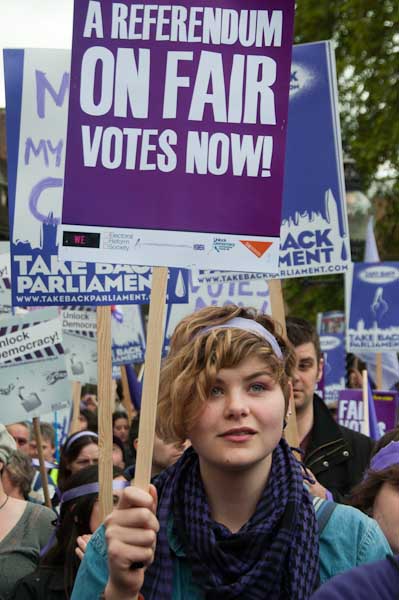
The 2010 election had clearly failed to reflect the votes cast, particularly for the Lib-Dems who got almost a quarter of the votes but less than one tenth of the seats. Perhaps even more importantly it showed that over a third of the population had so little confidence in our political system that they didn’t bother to cast there vote.
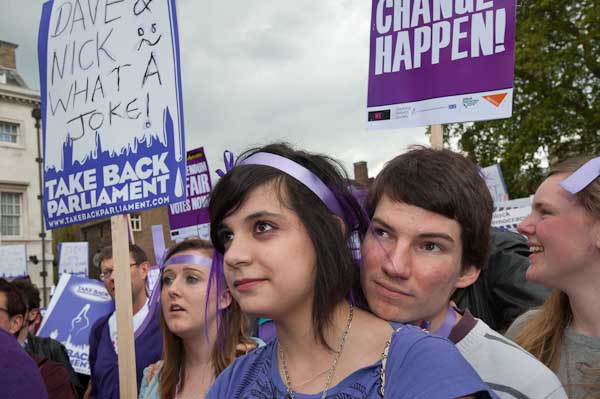
These results had left to a movement springing up rapidly through the Internet, using Twitter, Facebook, You Tube and other social networking sites, and it also attracted the backing of existing electoral campaigning groups such as the Electoral Reform Society, Unlock Democracy (incorporating Charter 88), 38 Degrees and Power2010.
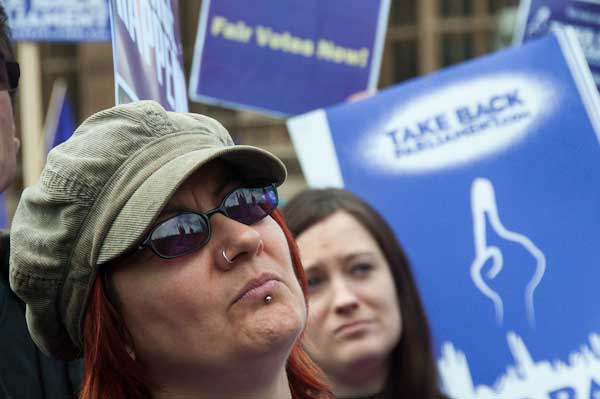
Most of us have experience of elections taking place using the single transferable vote system with give much greater fairness. The Lib-Dems had demanded a UK-wide referendum on the Parliamentary voting system for taking part in the coalition governement, but the proposals were dismissed as more an attempt to defuse the issue than to deal with it. The vague proposal was in any case decisively rejected, though only 42% of the electorate bothered to vote.
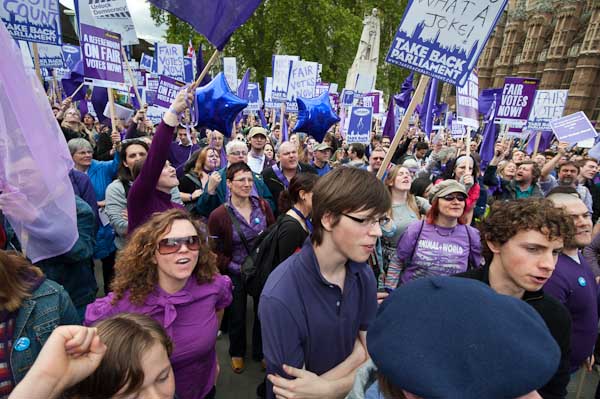
This year has seen another attack on the fairness of our elections with the introduction of the need for photo-ID to cast a vote. I don’t know how many were put off from trying to vote by this requirement, but apparently 1.2% of those who turned up to polling stations were not allowed to vote.
Purple Protest Demands Fair Votes
Protest Against Executions in Iran
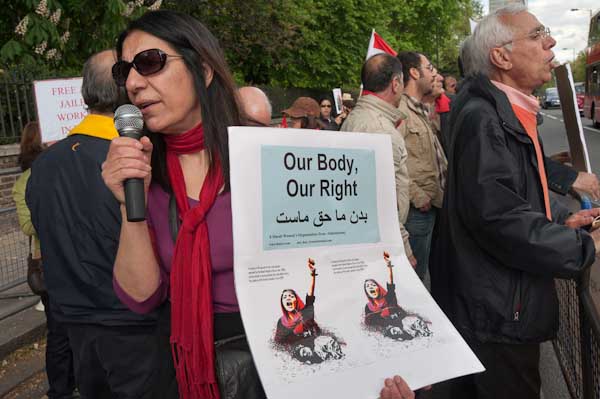
Around a hundred people demonstrated in Trafalgar Square and then marched for a rally opposite the Iran Embassy following the execution last Sunday of 5 political activists, the latest of many such death sentences.
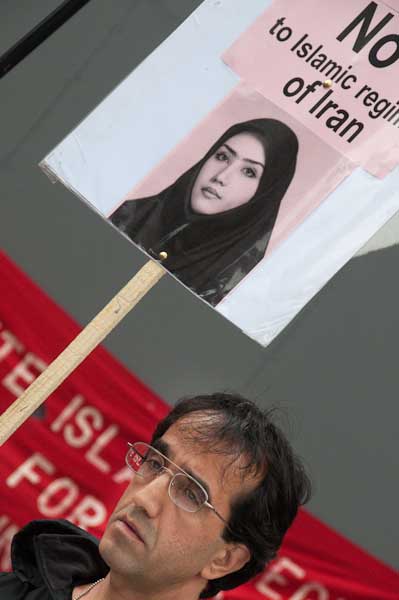
In the previous year millions in Iran had protested for greater freedom in Iran, with the protests making headlines around the world after the fatal shooting of Neda Agha-Soltan in June 2009. Thousands have been arrested, tortured to make untrue confessions and then condemned in unfair trials and many have been executed.
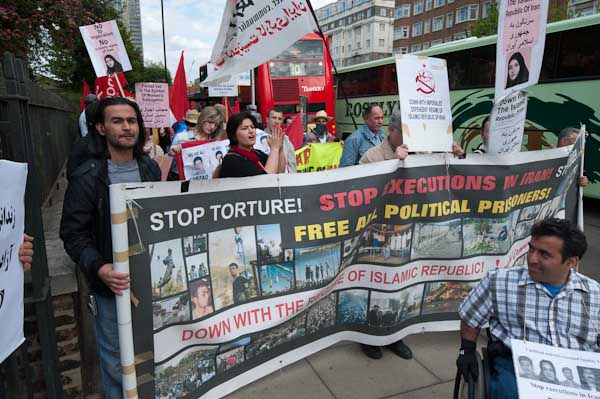
The death of Jina Mahsa Amini after being arrested by the religious morality police for allegedly not wearing the hijab in accordance with government standards in September 2022 has led to a series of protests in Iran and around the world on an even more widespread scale than those in 2009-10, 2007 and 2019. Again the protests in Iran have been brutally repressed with at least 476 people killed by the end of 2022, and many arrested and tortured and a number of protesters hanged.
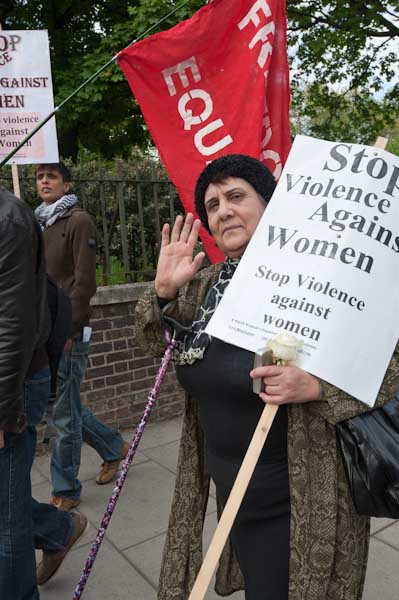
The protest on 15 May 2010 came after the executions of five political activists – four men and a woman – on Sunday 9 May; Farzad Kamangar, Ali Heydarian, Farhad Vakili, Mehdi Eslamian and Shirin Alam-Houli.
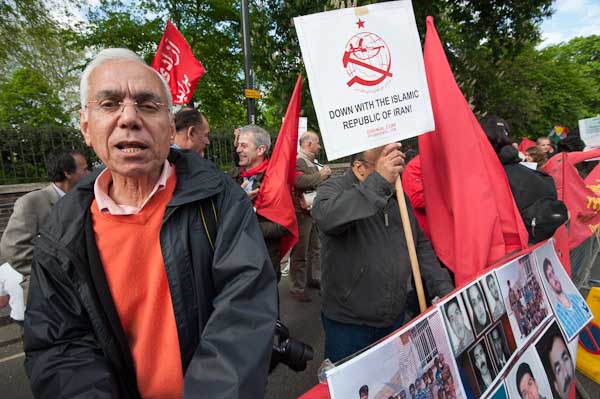
The protests in London around the world in 2022-3 have been on a larger scale than in 2010, with large and continuing protests with the slogan ‘Woman Life Freedom’.
Protest Against Executions in Iran
